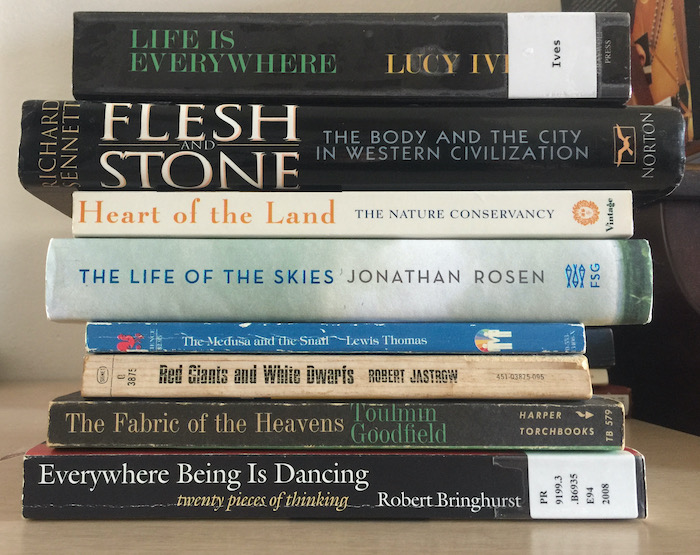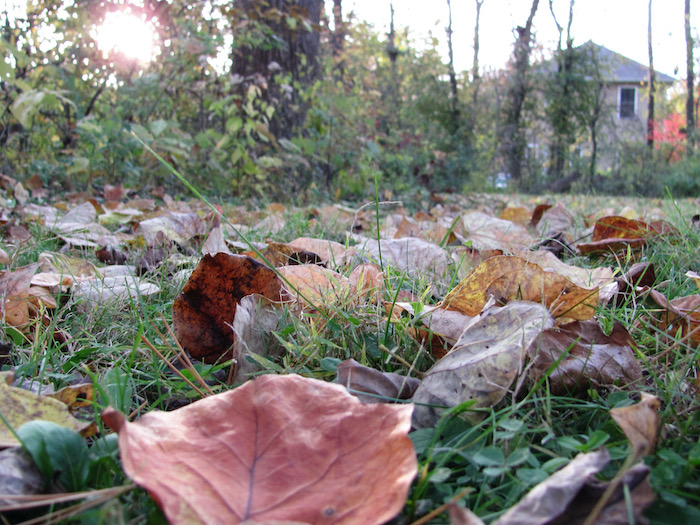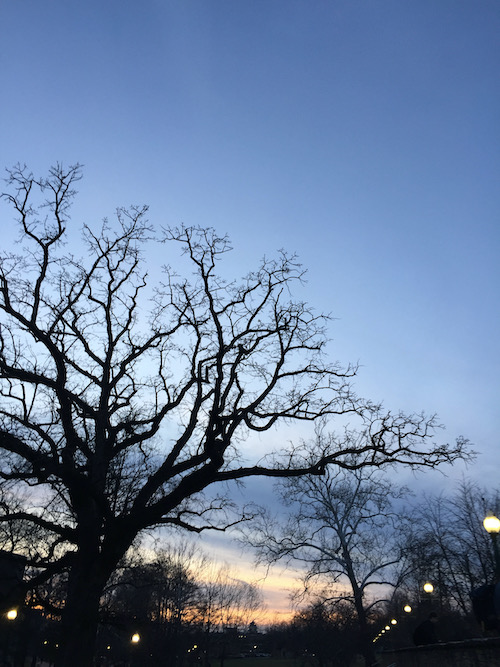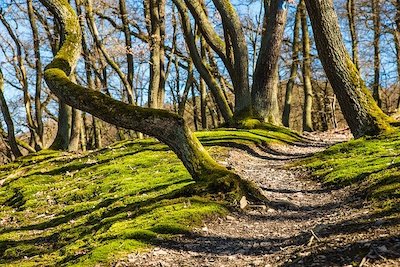In early July, I saw a weather forecast for the holiday weekend, and I was confused. Didn’t we just have the holiday weekend?
I was thinking of Memorial Day. The day after Memorial Day, my sister entered the hospital in severe pain, and on June 17, she died. Her last illness was confusing. In retrospect, her death approached in slow stages, but at the same time, everything was over before I understood what was happening. All through June I worked and met deadlines; I knew when the calendar turned over to July. But the knowledge was only word-deep. Time buckles under the gravity of grief.
My mother once told me that when her grandmother died, her family followed the old custom of stopping all the clocks in the house. I immediately grasped the potent symbolism of a stopped clock as a metaphor for the shattering impact of the death of someone close to you. It wasn’t until my mother herself died that I understood the need to carve from ordinary time a space for attending to the dead, a chamber to hold the immediate response to overwhelming loss and to contain the reverberations of the life that just ended.
My mother also told me that she was surprised to look outside after her grandmother’s death and see people going about their lives; even the buses were running. She was a child, and the death was so momentous to her that it seemed that the world itself must stop, as well as the clocks.
The world hasn’t stopped for me, but current events have become a play performed on a stage in another realm entirely. An important part of me is still in the chaotic landscape of June, of my sister’s last illness—the place where I lost her.
In this timeless space, the loss is still fresh and impossible to fathom. My thoughts approach her absence, and the permanence of her absence, and then recoil. It doesn’t seem possible. I spoke with her not long ago. She was just here. She’s always been here. How can she be gone?
It’s as if I imagine that I could leave the river of time for a while and linger on the bank with her in the place where she last was. Although I know she’s gone, I feel reluctant to leave her behind. But all the while, the river is carrying me away from her. I can see that she’s receding from me, silent and still now except in memories. I can see that I must carry my grief in the place where the clocks are still running.




